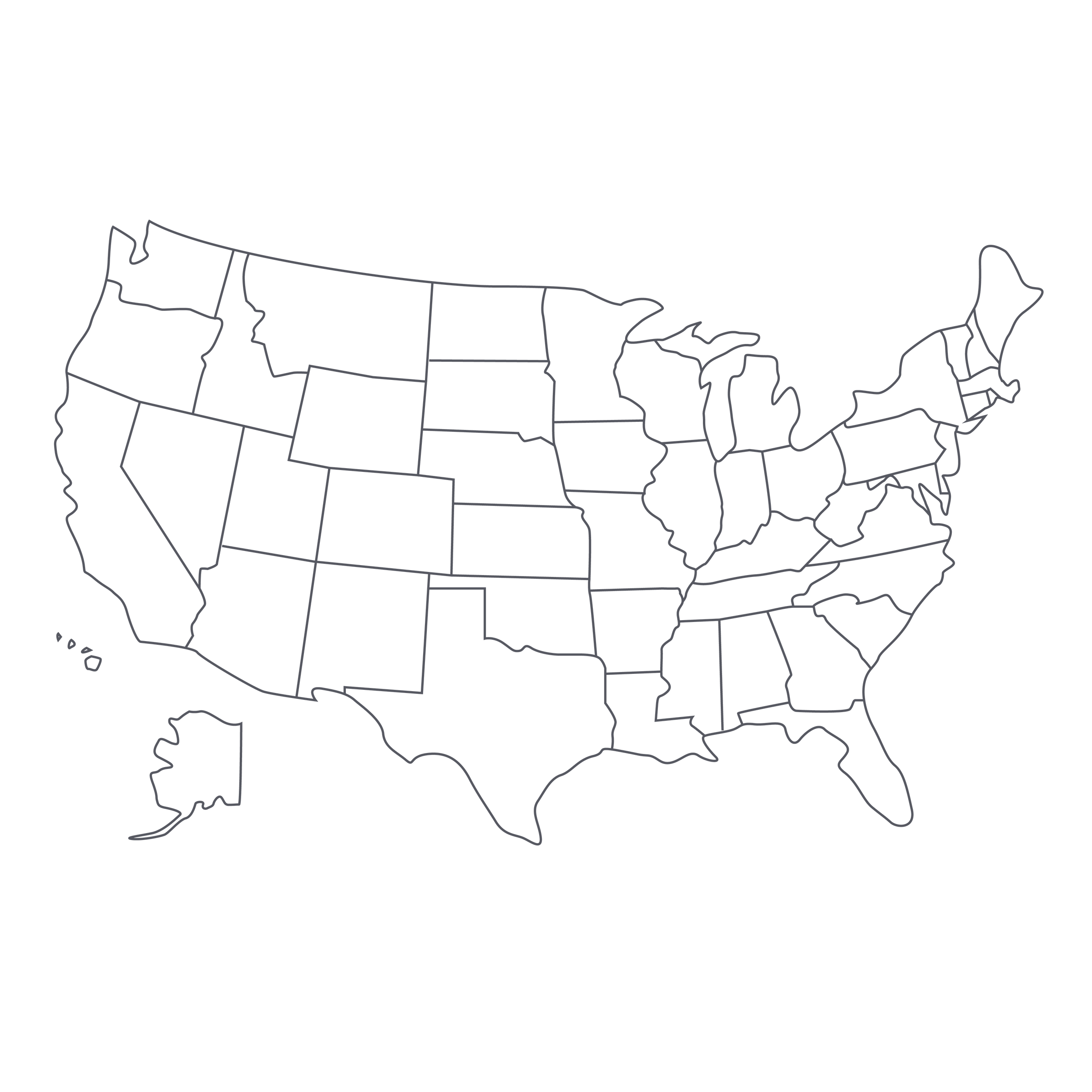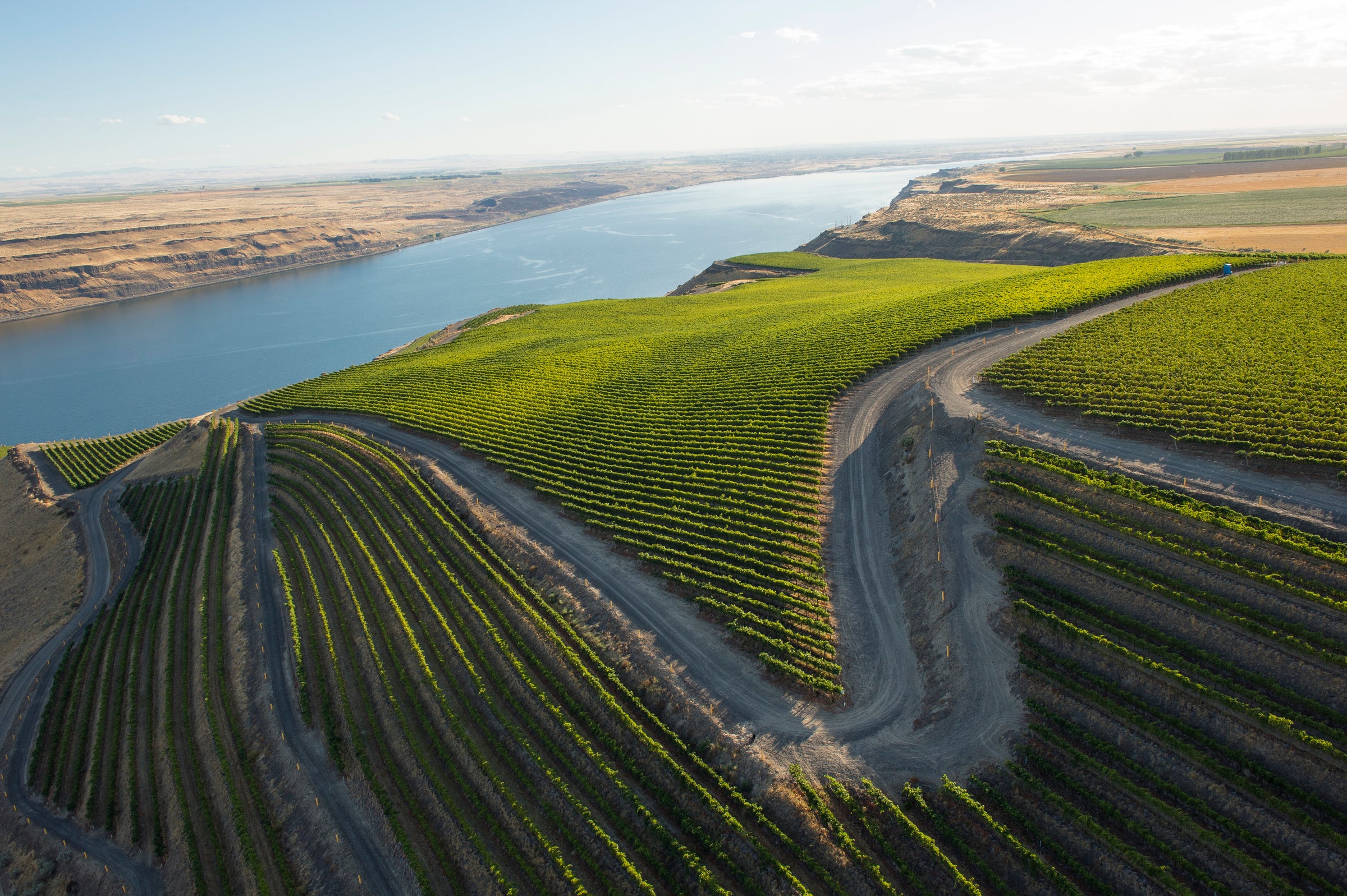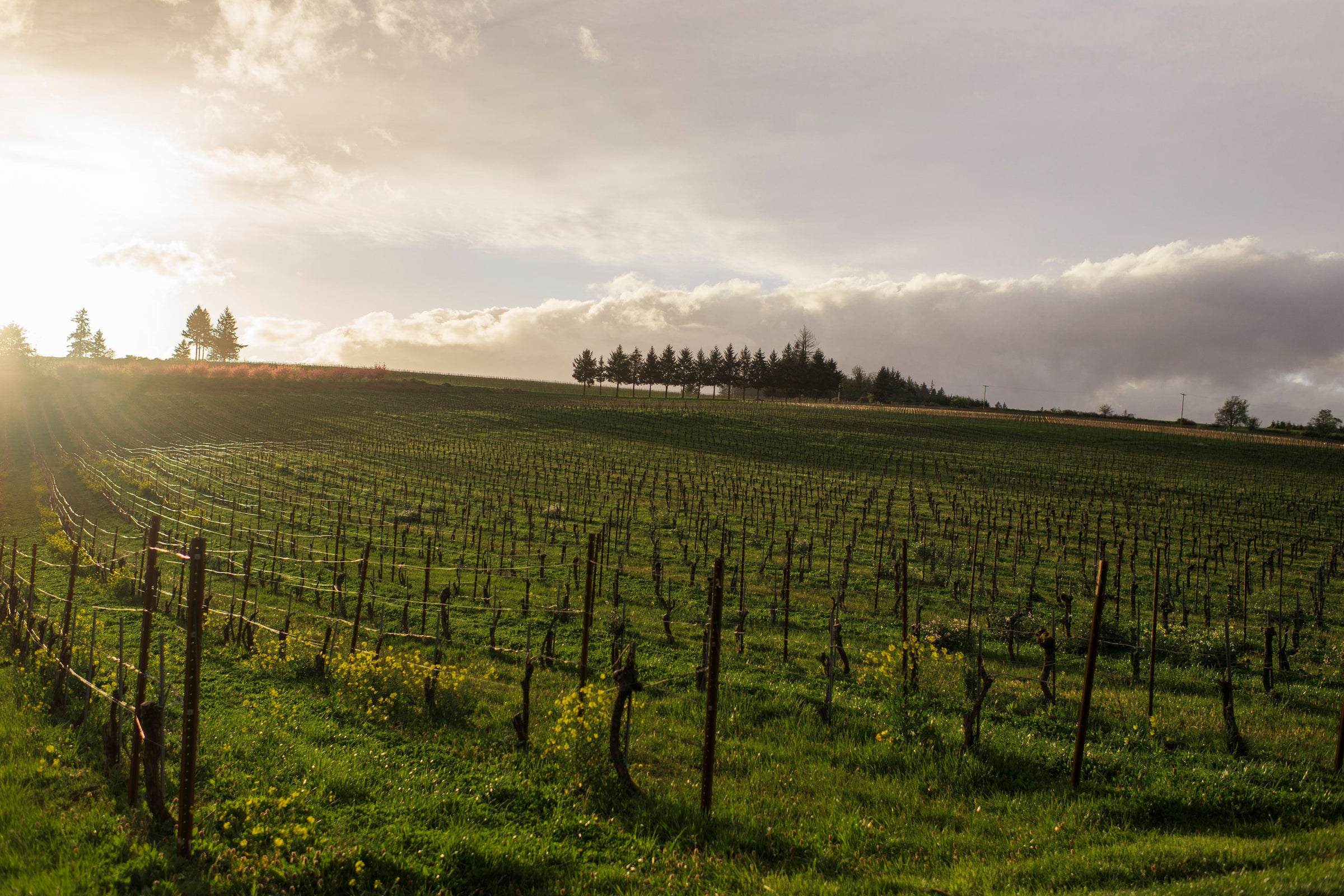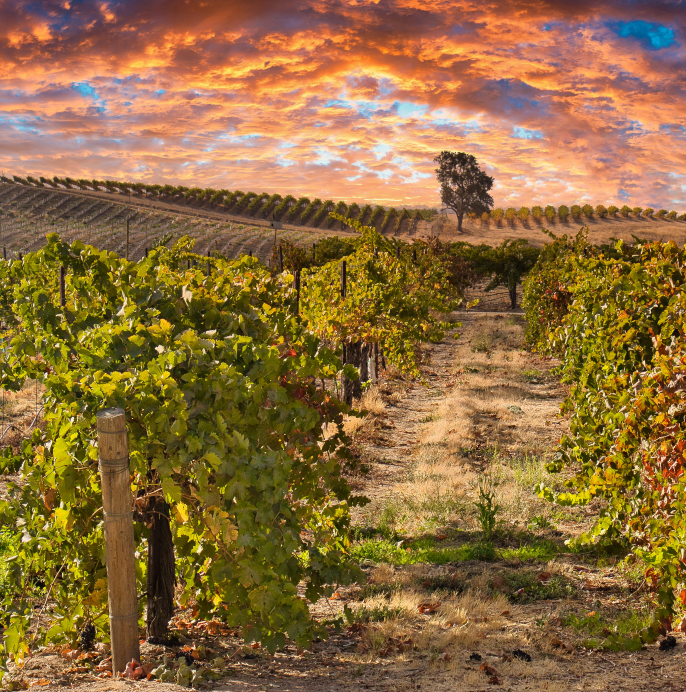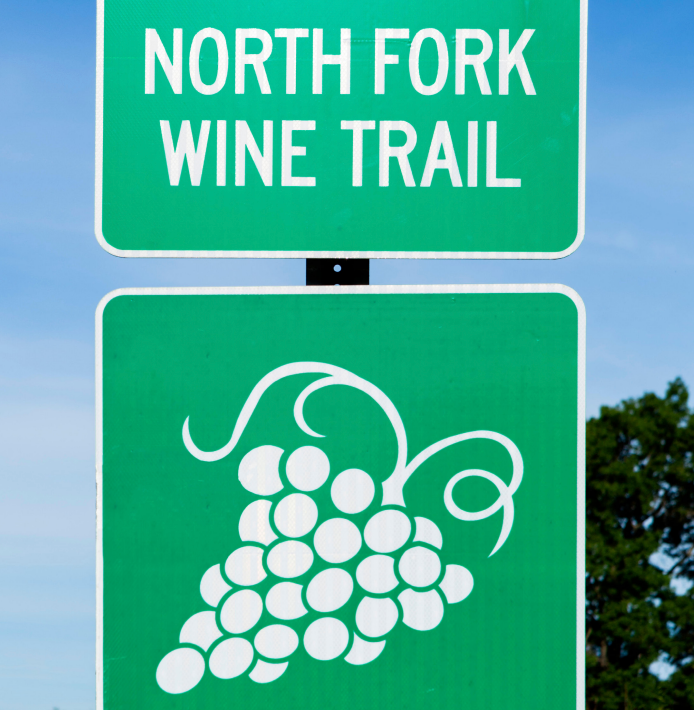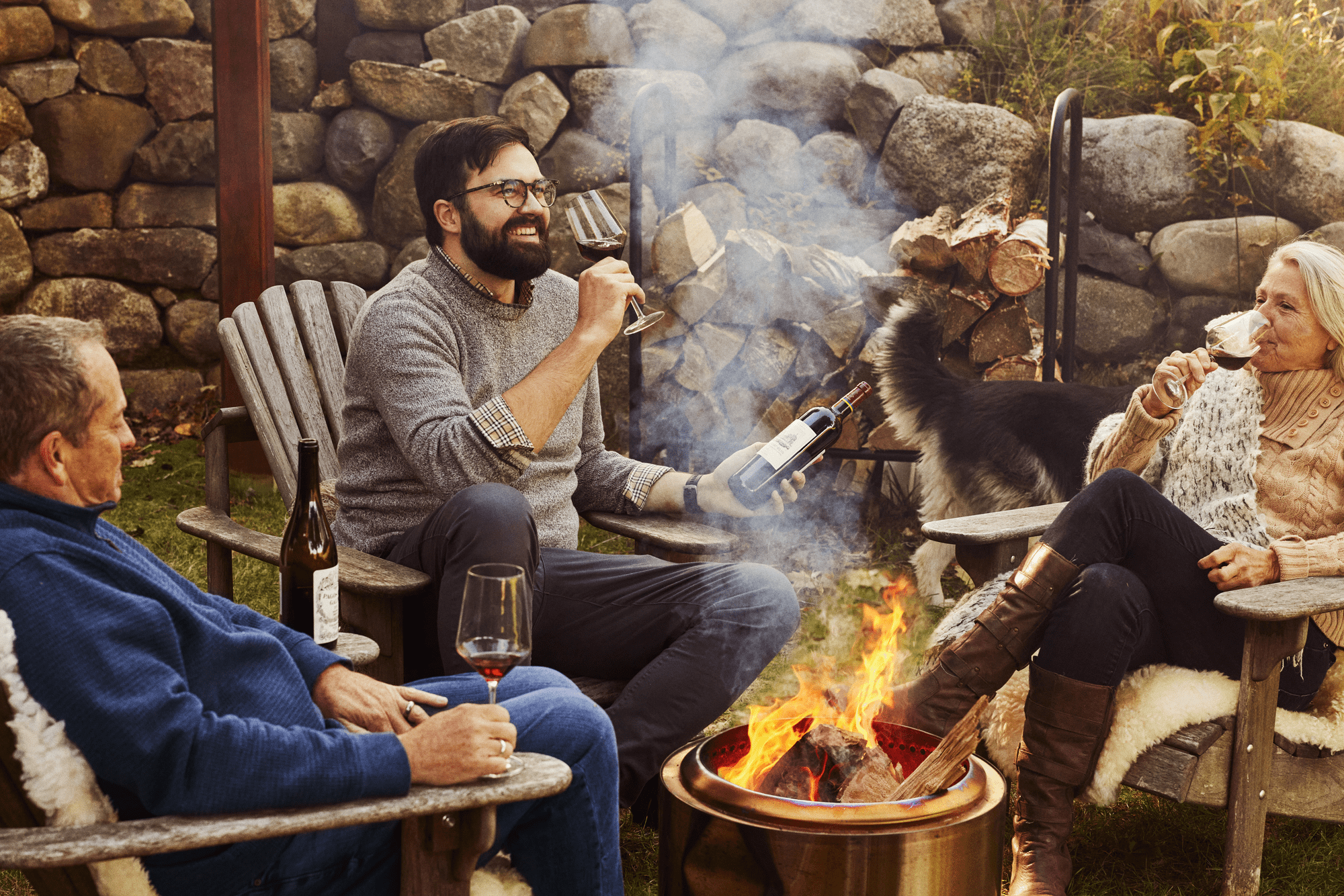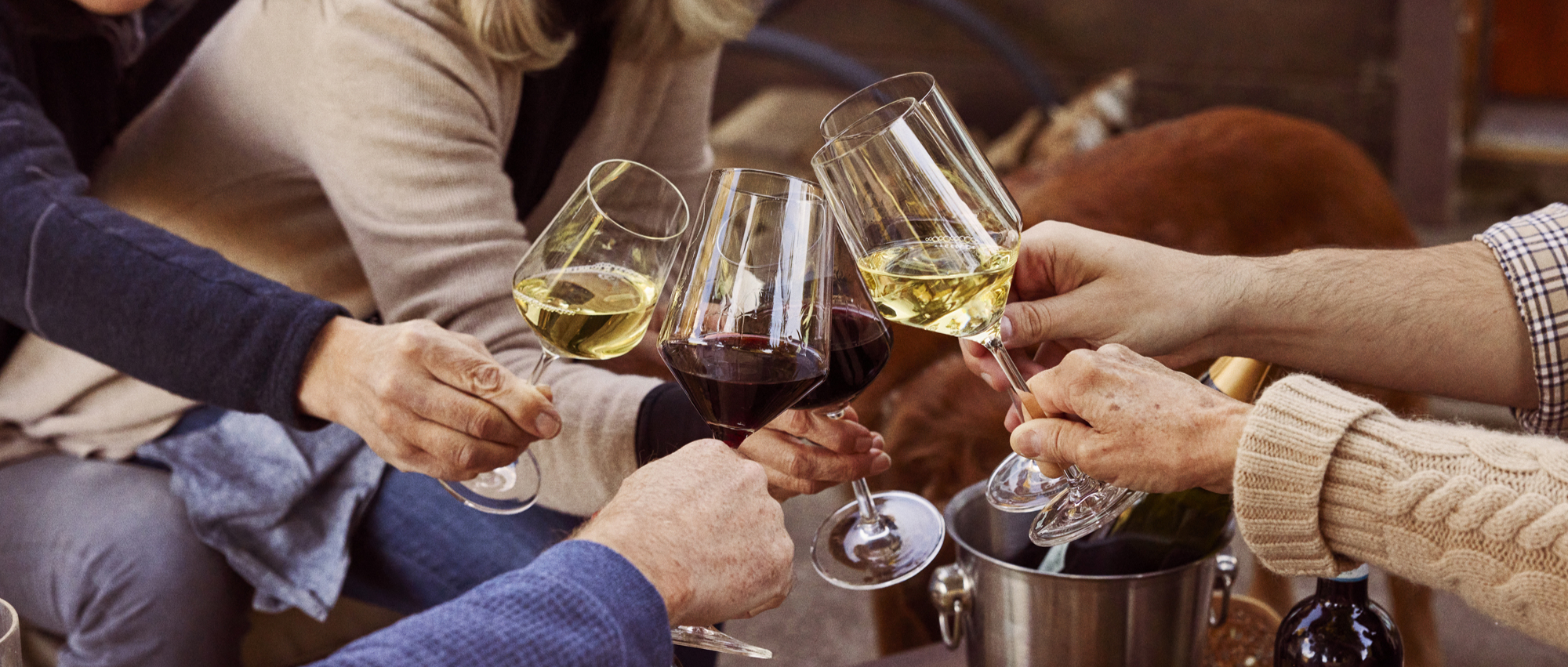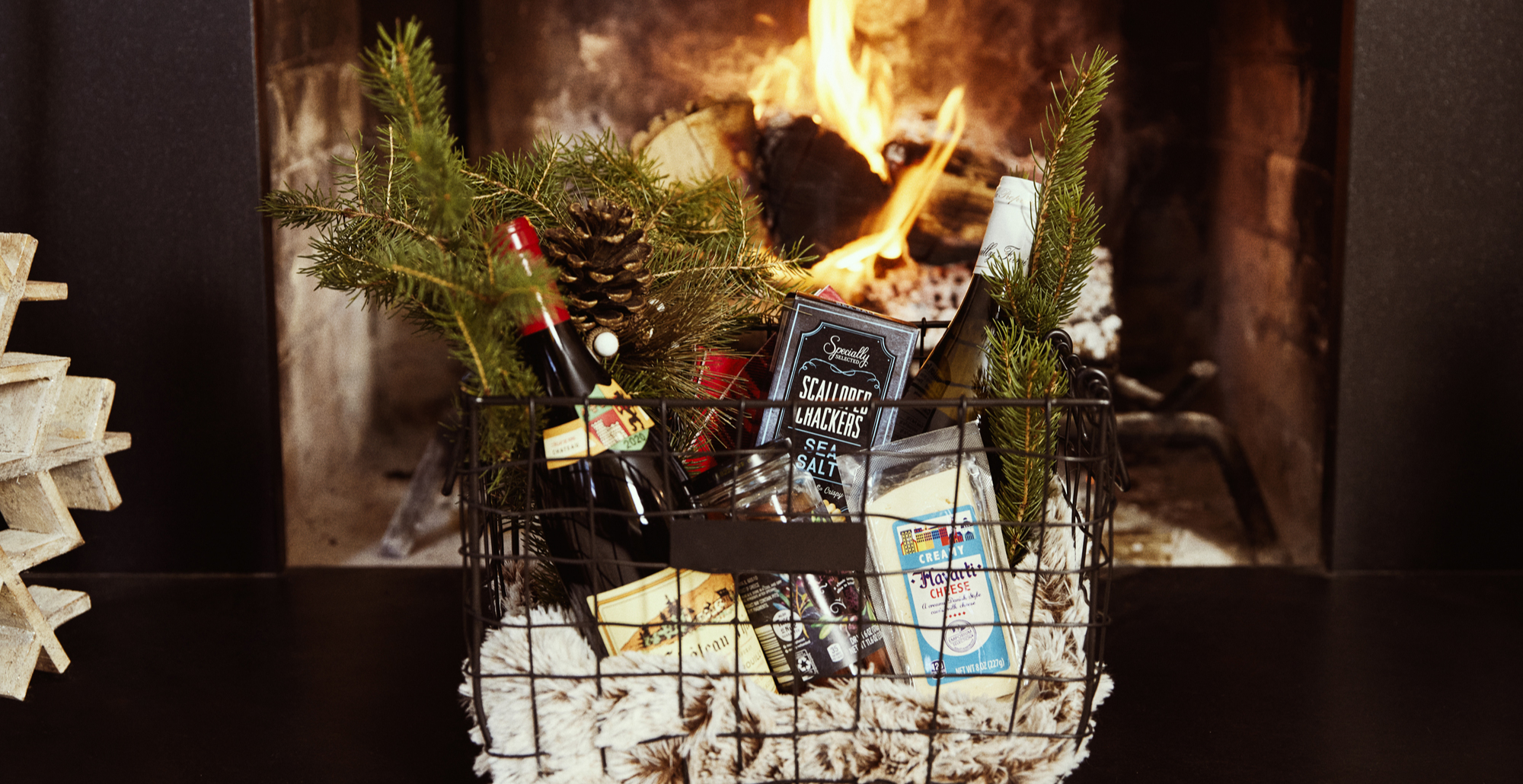Well-known critic Jeb Dunnuck isn’t the only one who’s “continually blown away by what [Melville] is able to put in the bottle.” So are we, along with everyone else who has a wine pulse, and it’s high time we recognized their exquisite Estate Syrah. The future has never been brighter for Chad Melville’s boutique Sta. Rita Hills operation and his Syrahs: Today’s 2019 release was ranked “Top 100” in a professional tasting consisting of over 10,000 wines. Taste it once and you’ll wave the Melville flag for life because, at just $42, this is among the most elegant, site-transparent Syrahs anywhere on earth.
Thanks to a “farm first” mindset and a vivid emphasis on purity via whole-cluster inclusion, long stays in neutral oak, and minimal sulfur additions, this is an affordable first-class ticket for the finest arbiters of wine. In short, it’s a jaw-dropping Syrah that epitomizes the finesse and perfume of Sta. Rita Hills’ gold-status terroir. We can part with up to 12 bottles per person today, and I’ll leave you with this: I’ve never met a single person who regretted having more Melville in their cellar!
In 1989, Chad’s salt-of-the-earth father, Ron, began growing premium grapes in Sonoma County’s Knights Valley—a remote, hidden gem of an appellation. His pristine crop quickly attracted elite labels and he became a regional icon in a matter of years. In the midst of his success, however, his eyes kept drifting elsewhere: south. Way south. By the mid-’90s, Ron was eyeing the western reaches of Santa Barbara, a marine-influenced pocket with rolling fog and complex sandy loam soils.
His interest grew into infatuation, so much so that he relocated his entire operation down to Sta. Rita Hills (five years before it was a legitimate appellation). Think about that: Instead of living comfortably in Sonoma and being handsomely rewarded for each harvest, Ron ventured into a new territory hoping that hard work and a dream would pay off. And it did. Chad was by his side all along, absorbing his father’s knowledge and learning the ropes needed for his succession. Ask Chad today and he’ll still gush about his father without pause. These are genuine people making genuine wines from estate-owned grapes. And now, it’s entirely exclusive: Chad no longer sells any of his sought-after grapes to other producers!
Melville is all about farming rigorously and sustainably. It’s mind-boggling to see the work they do leading up to harvest (never mind the pruning, leaf thinning, and cover crop management!). His team is constantly checking the vines, row by row, assuring the quality and ripeness are exactly where they want them. What’s more, today’s Syrah is a blend of five different clones from various parcels and microclimates which makes the work all the more scrupulous. That’s why at the time of harvest, Chad considers the wines to already be made.
Meaning, it’s largely a hands-off process in the cellar. For today’s 2019 Syrah, roughly 40% of the grapes kept their stems and after a weeklong cold soak, a partial whole-cluster fermentation began in open-top tanks. Upon completion two weeks later, Melville allowed two additional weeks of extended maceration. In all, 35 days passed before the resulting wine was removed from its skins and stems and transferred into 15+-year-old French barrels. It aged in these neutral oak vessels for 18 months without any sulfur additions.
Served at 60 degrees in a Burgundy stem, with or without a brief decant, this young Syrah is a marvel to drink. It reveals bright violet-ruby hues and quickly emits gorgeous swells of black cherry, crushed black raspberry, wild plum, huckleberry, roasted meat, olive, cracked peppercorn medley, lavender, crushed rock, and wet herbs. The palate is approaching medium-plus in body yet each layer is incredibly soft and ethereal. This is a deeply pure and suave Syrah oozing with soul and verve. I think its best drinking will come between now and 2025, but don’t be surprised if it evolves into a savory smoke show as it approaches its 10th birthday. Cheers!
